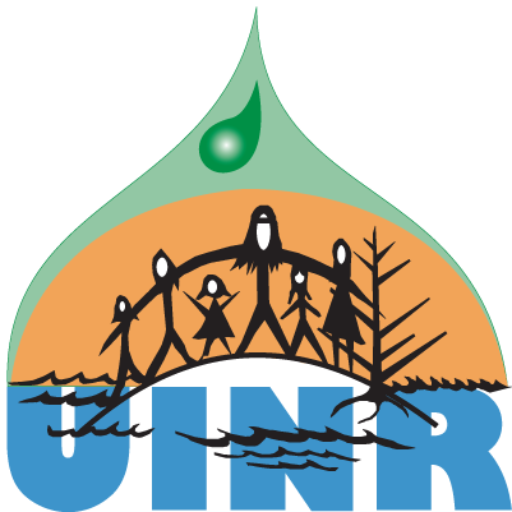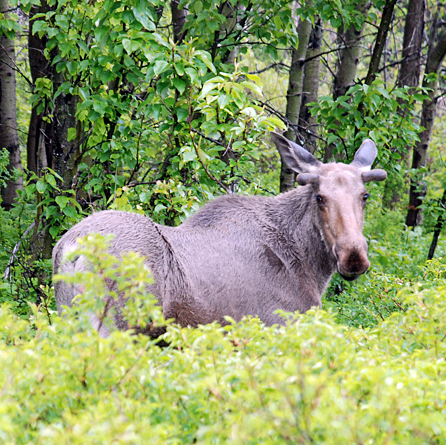The moose population reduction program on North Mountain in Cape Breton Highlands National Park will resume as early as December 2 through December 18, 2015.
Public safety for all involved will continue to remain Parks Canada’s top priority. Parks Canada has worked with the RCMP to put in place a robust plan to ensure safety and security. This includes restricting public access on North Mountain during the harvest except to allow through traffic along the Cabot Trail.
This harvest will help restore the health of Cape Breton Highlands National Park, so that we don’t lose the diversity of the forest ecosystem. The current moose population in the Cape Breton Highlands National Park is unsustainable. This conclusion was reached after 15 years of scientific study and a more recent investigation in 2015 that estimated the density of moose to be 1.9 moose/km2. A healthy, balanced forest typically supports 0.5 moose/km2. If the conditions remain the same, the ecosystem will not be sustainable for current and future generations.
Consistent with the Mi’kmaq treaty right to hunt, fish, and gather in pursuit of a moderate livelihood, Parks Canada has an agreement with the Mi’kmaq that provides first opportunity to the Mi’kmaq of Nova Scotia to remove overabundant wildlife in national parks in the province. This Mi’kmaq led moose harvest will take place in a 20 km2 area of North Mountain, and will be coordinated by Unama’ki Institute of Natural Resources. It will focus on a reduction of 90% of the moose (no more than 40 animals) within this small area – less than 2% – of the park.
For a copy of Parks Canada’s Hyperabundant Moose Management Plan for North Mountain, please email cbhnp.info@pc.gc.ca. For a summary of the plan to bring back the boreal forest, and frequently asked questions, visit: pc.gc.ca/bringbacktheboreal.

